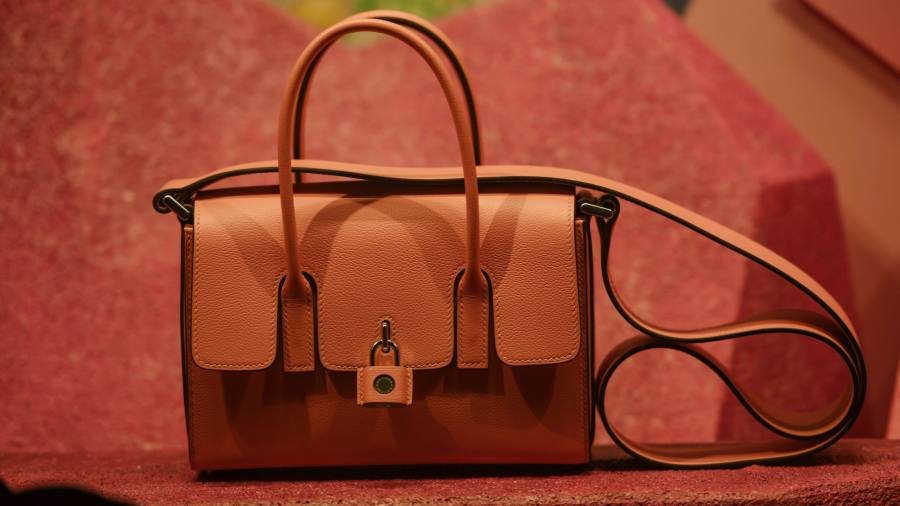
Leather goods specialist Hermès enjoyed a forecast-beating leap in sales in the third quarter, in the latest sign of how the top-end of the luxury goods sector has not yet been affected by the stresses in the global economy.
The French group known for its €10,000 plus Birkin handbags delivered a 24 per cent like-for-like rise in revenue to €3.1bn, ahead of analyst expectations for a 15 per cent rise, driven largely by strong demand in China as Covid-19 restrictions in some cities lifted this summer.
The return of big-spending American tourists, helped by a strong dollar, to Europe also drove sales higher in France, Italy and the UK, the group said in a statement.
The results mirrored similarly strong trends last week at sector leader LVMH whose powerhouse brands Louis Vuitton and Dior have continued to expand regardless of inflation concerns or market volatility. Gucci-owner Kering will report sales after market close on Thursday.
Investors have been anticipating a reckoning for luxury because the sector has invariably contracted in previous recessions, although the hit from the pandemic downturn proved very brief for the biggest brands.
Shares in LVMH and Hermès have fallen about 15 per cent this year, while Kering is down 35 per cent and Cartier-owner Richemont down 28 per cent.
Hermès shares reacted positively on Thursday, climbing about 4 per cent at the open in Paris before paring back gains to rise 1.5 per cent.
“For the moment, we don’t see any sign of slowdown in any of our markets,” said Hermès finance chief Eric du Halgouet during a call with reporters, according to Reuters.
Du Halgouet added that the group plans to increase product prices worldwide between 5 and 10 per cent next year, compared with 4 per cent this year.
Luxury brands from Chanel to Louis Vuitton have been putting up prices, not only to account for inflation, but also to preserve the desirability of their products in consumers’ eyes.
Hermès enjoys a reputation as one of the most exclusive brands in luxury, and controlling shareholder, the billionaire Dumas family, has long had a conservative attitude to managing growth in the business.
It often keeps supplies of handbags purposefully low and strictly controls product distribution. Globally it has about 300 stores, which is similar to the levels a decade ago even as sales have more than doubled.
Bernstein analyst Luca Solca wrote in a note that the strong figures from Hermès showed that there was no sign yet of a normalisation of demand for high-end luxury goods. “We see ample headroom for upward consensus revisions [for next year], despite the major uncertainties in the background,” he said.